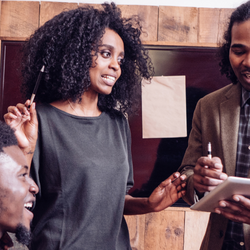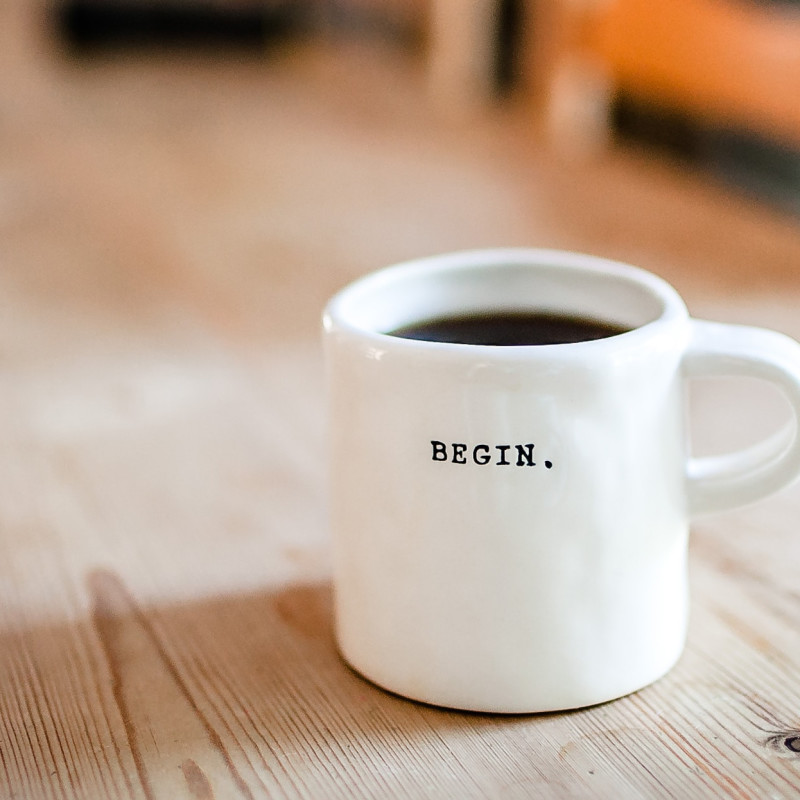All Things Admin Joins ASAP. Learn More ›
Sleep and Its Impact on Wellbeing and Resilience
November 4, 2022

When you begin your workday, do you do so with a bounce in your step? Or is it a major effort to haul yourself out of bed and over to the shower and coffee maker, let alone contemplating the energy and stamina required for the day ahead?
The quality of our sleep plays a part in our personal wellbeing and, by extension, our resilience. I’ve been conducting an annual survey (with the exception, surprise, of 2020) of assistants’ sleep habits and patterns since 2016, and will conduct my 2022 iteration of this survey in late October.
Survey results consistently suggest a high percentage of us need to do something about our sleep and pre-bedtime habits. Last year, 64% of respondents said they don’t typically get enough sleep. However, while the remaining 36% said they typically do get enough sleep, only 25% of all respondents said they typically wake up feeling refreshed … and that’s down from 36% in 2019.
I get it. Life is full, and sometimes more than a little challenging. Despite this, we readily pay attention to self-awareness and other aspects of emotional intelligence (EQ/IQ) that support both personal and career resilience. We also know that good nutrition, exercise, old fashioned fun and sleep fuel and recharge our energy, wellbeing and resilience … and yet it’s often sleep that goes out the window.
Many spend considerable time away from work also taking care of other people or causes. If you have young ones or teens, or if you’re a caregiver for an older relative or someone with health challenges, sleep may seem a luxury. Even when we’re able to call it a day, not everyone is ready to hit the hay right away. We may curl up and watch tv, mindless or otherwise, or scroll through various feeds on our phones or other hardware, and find ourselves drifting in and out of sleep in front of a screen. That’s not good for our health or our resilience.
Nor is it only assistants who find themselves sleep-challenged. Harvard Business Review (HBR) has reported that about one of every four adult Americans has problems sleeping, and that such sleep disturbances elevate the risk of depression, cancer and heart problems.
Health and stamina aside, when we wake up and begin our workday worn out, that impacts our productivity. It also impacts our capacity to manage ourselves in the face of everything a day in the career can throw at us. When we’re sleep-deprived, our cognitive skills are not at their finest. This can impact our capacity to concentrate, learn, or remember information, and it can impact the quality of our decision making. We know listening skills and empathy are career assets, yet how resilient or empathetic can you be when you’re tired before you even begin your business day?
When we aren’t getting sufficient sleep, challenges may seem amplified and that can influence how we communicate with family members, friends and colleagues. We’re not as well positioned as we might otherwise be to manage how we deal with constructive criticism, let alone encounters or remarks that are otherwise less than constructive.
What can we do about this? We can begin by prioritizing sleep. Like anything worthwhile, this involves self-discipline. Consistency is helpful, as is avoiding bright lights before heading to bed.
When I last asked my readers about their pre-sleep habits, 69% of respondents said they typically sleep within six feet/two meters of their phones. Over the course of five years, that percentage has never dipped below 65%. Are you ever tempted to check your phone or other electronic media after turning out the lights? Last year, almost 40% of respondents said they typically do just that.
When you set your smartphone down for the night, leave it that way – or even place it in another room. How challenging would it be for you to refrain from checking email, social media and other communications as of an hour before you want to fall asleep? Research shows that the glowing light from electronic devices interferes with sleep, as it suppresses melatonin, and so it’s good to avoid television and all electronics as we head toward bedtime.
Evening snacks, caffeine, nicotine and alcohol can adversely impact sleep, so monitor your routines and think about adjustments you can make. Each time I conduct my annual sleep survey, I ask readers for tips that help them get the best possible sleep. Here’s a sampling of their pre-sleep strategies, which you may want to consider along with the ideas above.
- Establish and stick to routines, including weekends – or, if you want to splurge and stay up or get up late on weekends, stick within an hour of your weeknight routines.
- Read before calling it a night.
- Do some gentle stretching.
- Dim the lighting an hour or so before going to bed.
- Listen to sleep stories – yes; try bedtime stories! You may want to check just who reads some of the BBC’s CBeebies’ Bedtime Stories. Rowan Atkinson, Tom Hardy, Regé-Jean Page and Harry Styles are just some of the narrators. There are also apps featuring sleep stories narrated by the likes of Matthew McConaughey.
- Meditate.
- Adjust the room temperature downward.
- Try using a weighted blanket.
About the Author: Shelagh Donnelly educates and inspire assistants on topics ranging from meetings and minutes to business acumen, cybersecurity and working with boards. She helps assistants nurture their adaptability, productivity and resilience in order to enjoy the career and continue to add value even as roles evolve. An international speaker, Shelagh worked with C-level executives for more than 25 years and is recognized for her governance expertise. Shelagh founded her globally read Exceptional EA website in 2013.
Join the Conversation
Welcome to the ASAP Circle, a community platform for peer-to-peer conversation on trending topics, professional challenges, and shared experiences. We even have designated spaces for weekly Tuesday Coffee Breaks.










